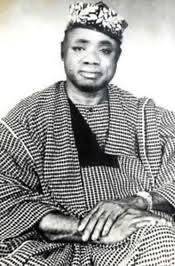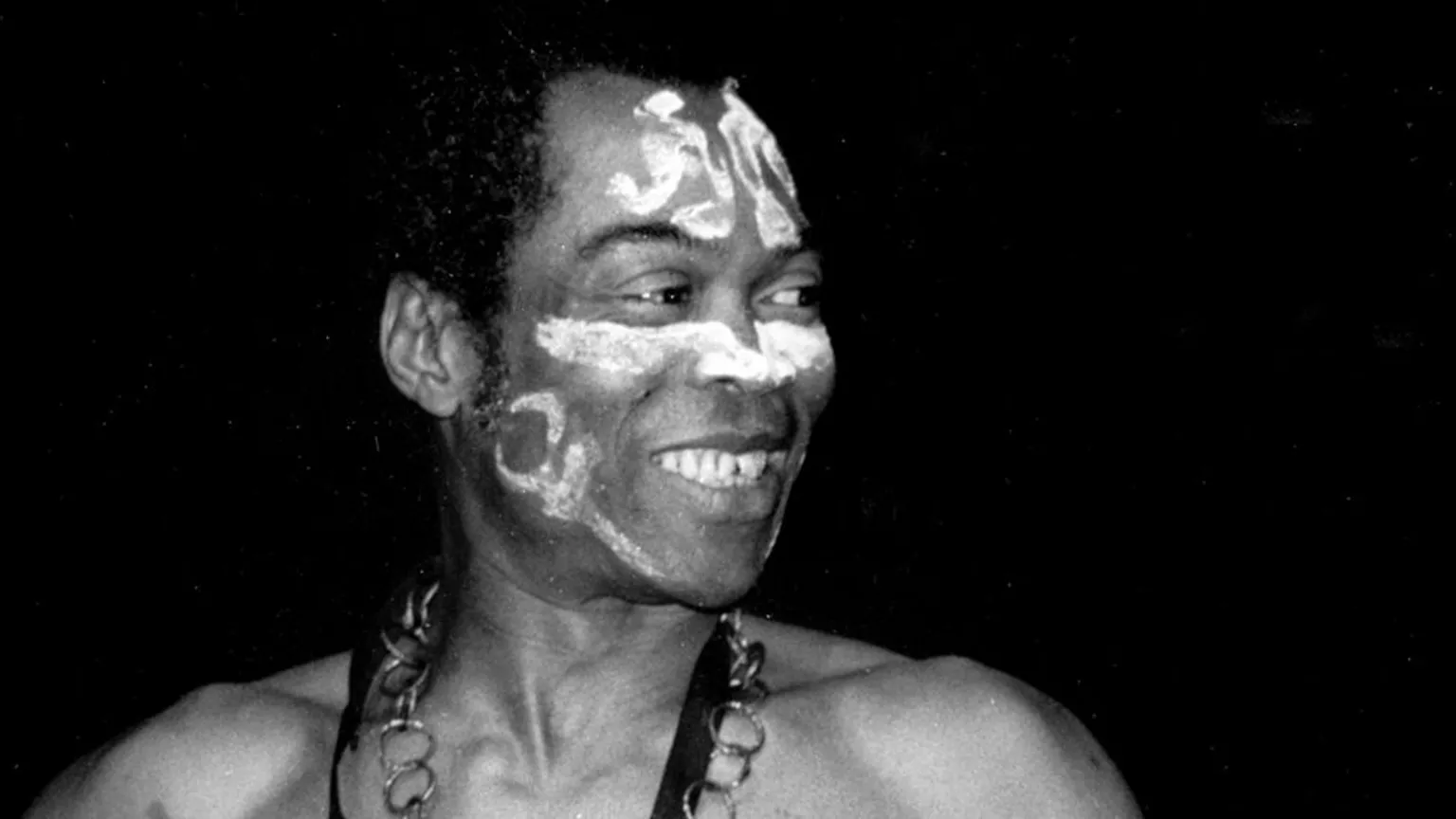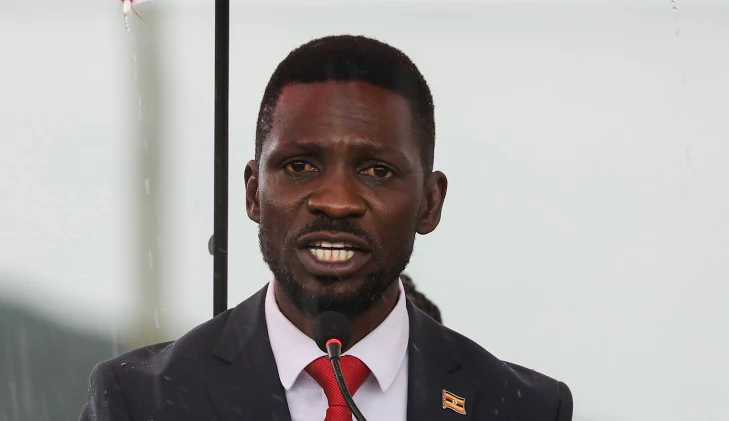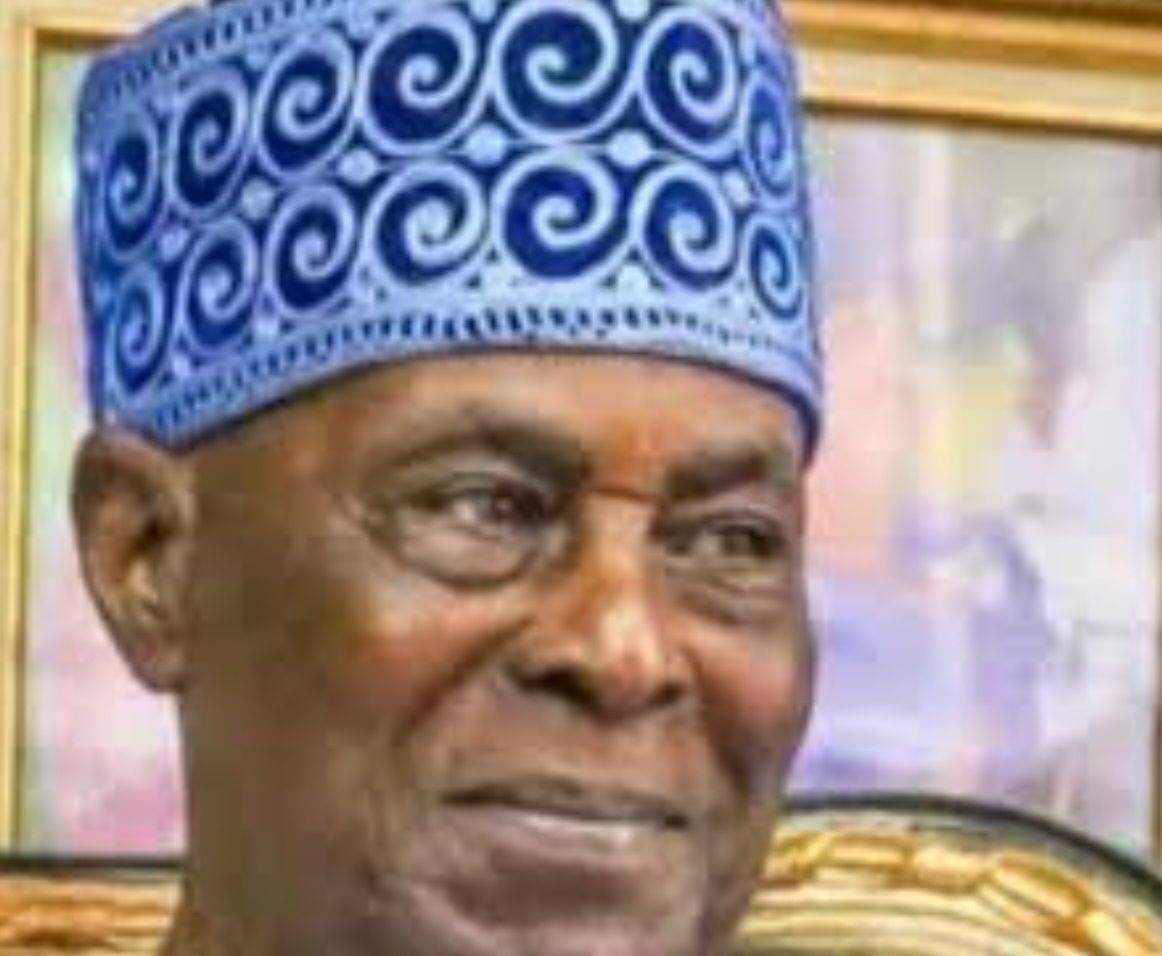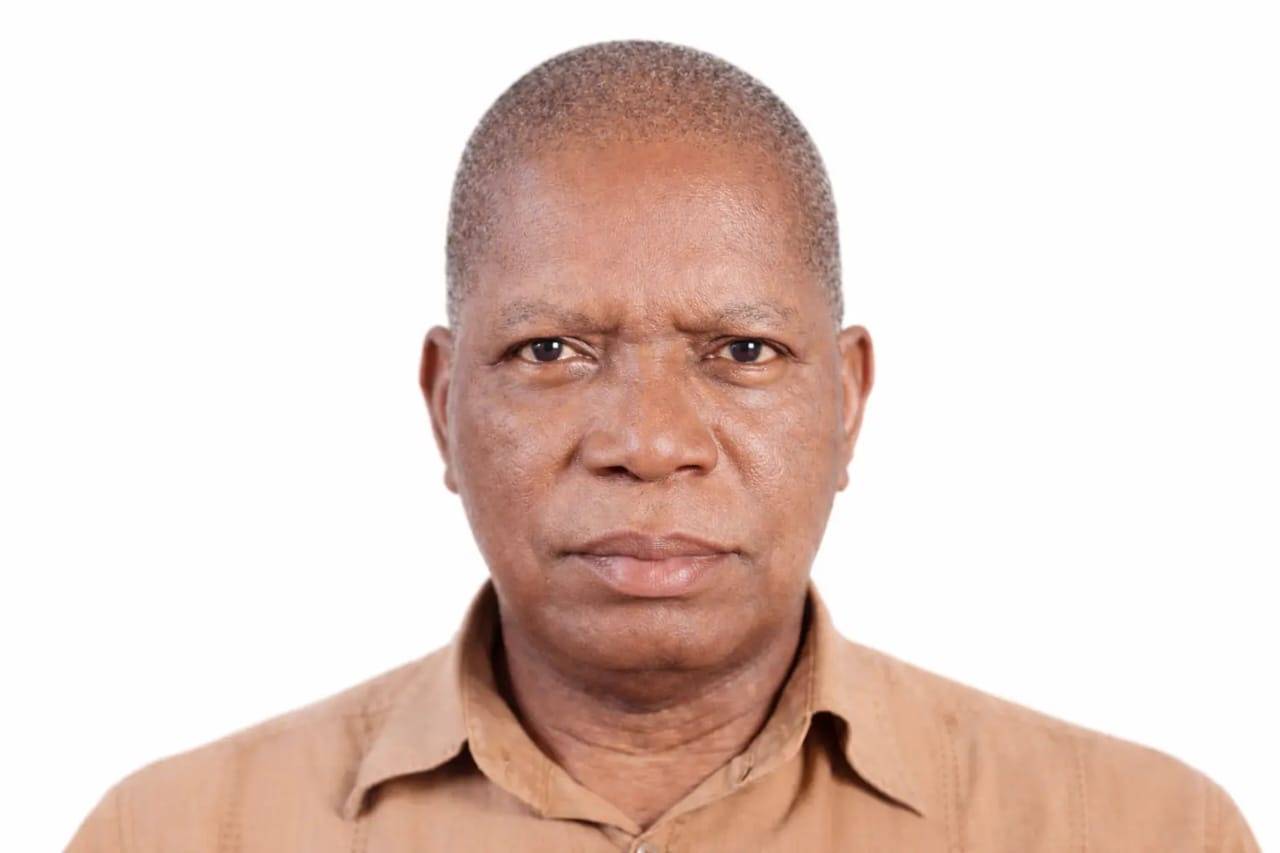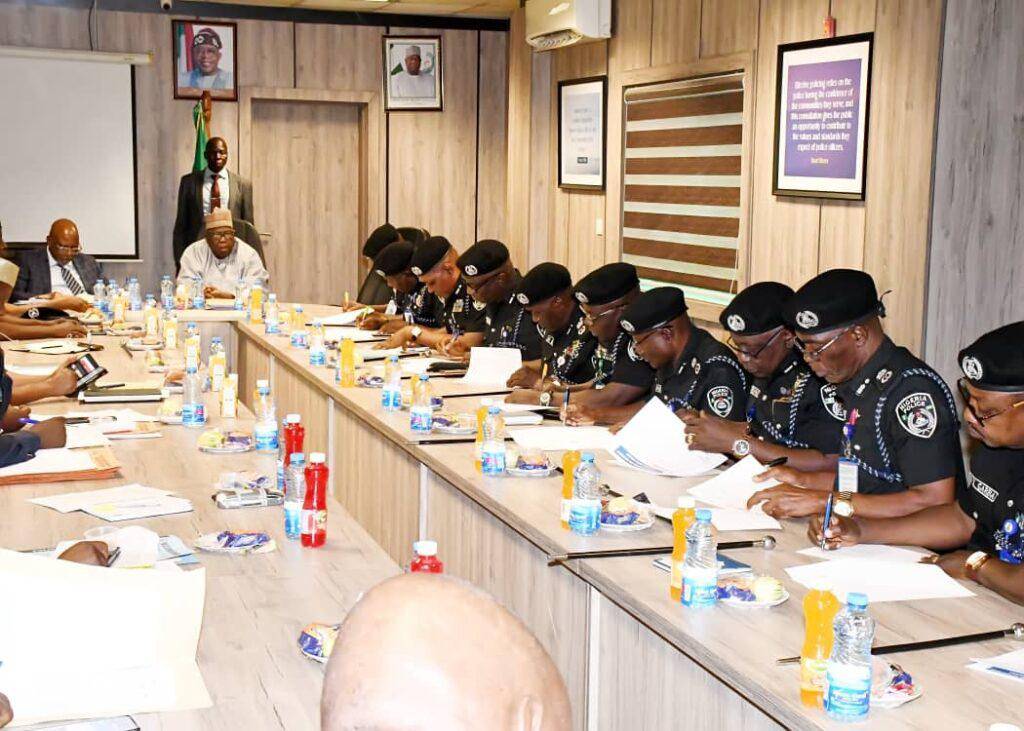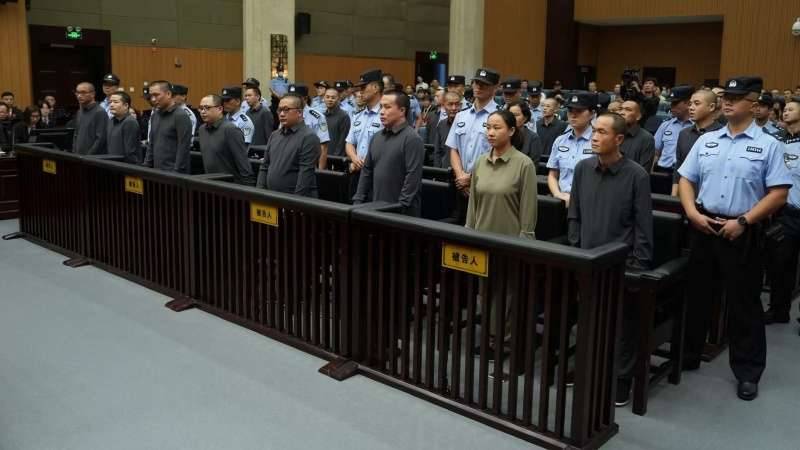Long before fantasy novels became a global phenomenon, a Nigerian writer named Daniel Olorunfemi Fagunwa was already leading readers into forests filled with spirits, gods, monsters, and moral parables. In 1938, he published Ògbójú Ọdẹ nínú Igbó Irúnmọlẹ̀ (The Brave Hunter in the Forest of Spirits), the first full-length novel written in the Yoruba language. This groundbreaking work didn’t just entertain; it preserved generations of oral storytelling, weaving together proverbs, riddles, and philosophy in ways that deeply resonated with Yoruba traditions.
Born around 1903 (or 1910) in Oke-Igbo, present-day Ondo State, Fagunwa worked as a teacher and headmaster. His mastery of folklore and language allowed him to write with rhythm and cultural depth, creating worlds where hunters embark on supernatural journeys and confront moral dilemmas. He followed his debut with a series of remarkable novels including Igbó Olódùmarè, Ìrèké Oníbùdó, Ìrìnkèrindò nínú Igbó Elégbèje, and Àdììtú Olódùmarè. Each work expanded his mythic universe, reinforcing ethical lessons while celebrating Yoruba spirituality.
Fagunwa’s influence was wide. His stories became required reading in schools, shaped the Yoruba literary tradition, and inspired writers like Amos Tutuola. In 1968, Nobel Laureate Wole Soyinka translated Ògbójú Ọdẹ into English, introducing it to a global audience. Fagunwa wrote not just to entertain, but to elevate indigenous voices in literature and preserve the wisdom of his people.
He died in 1963, tragically drowning near Bida during an official trip, but his legacy lives on. Today, Fagunwa is remembered not only as a pioneer of African-language literature but also as a guardian of Yoruba cosmology, whose stories still echo in classrooms, libraries, and storytelling circles across Nigeria and beyond.


